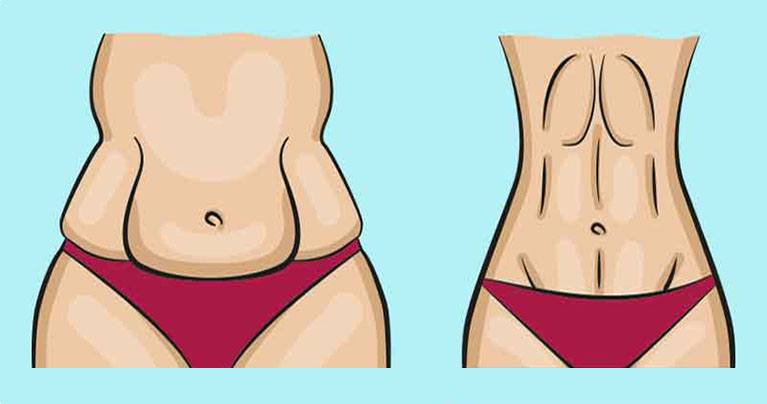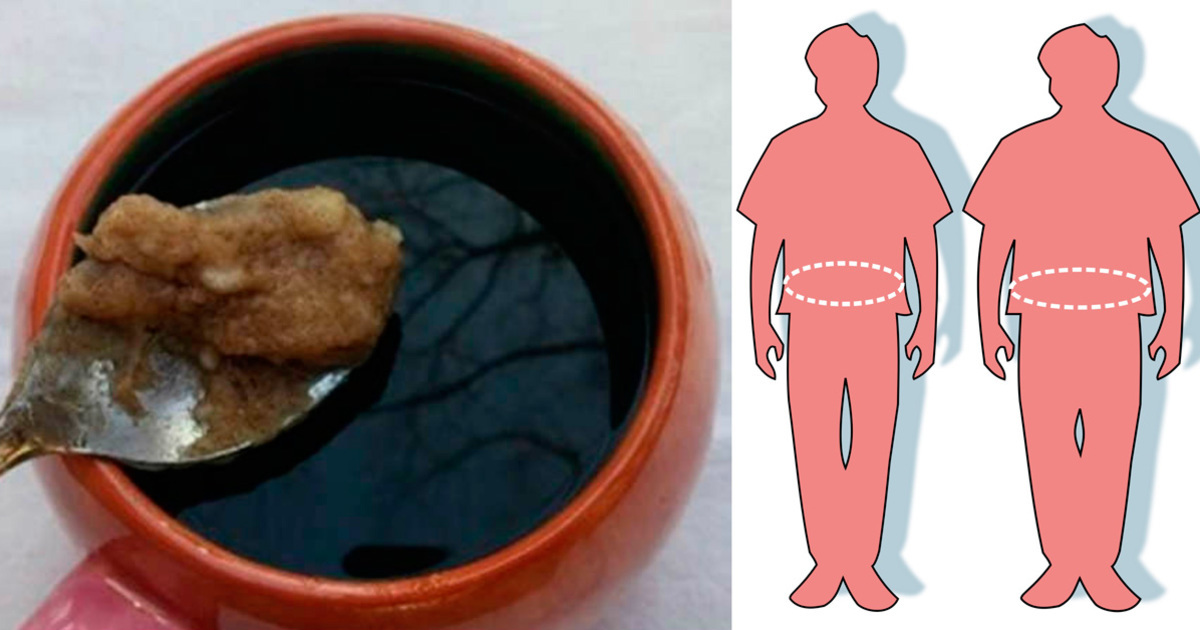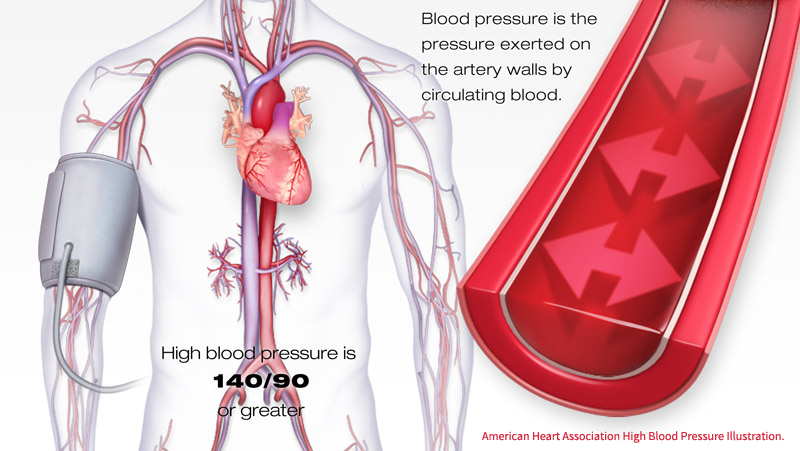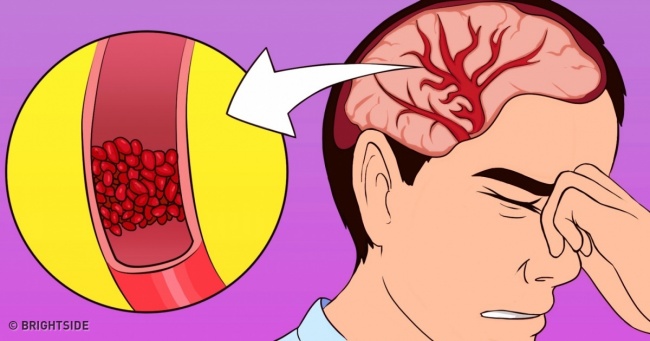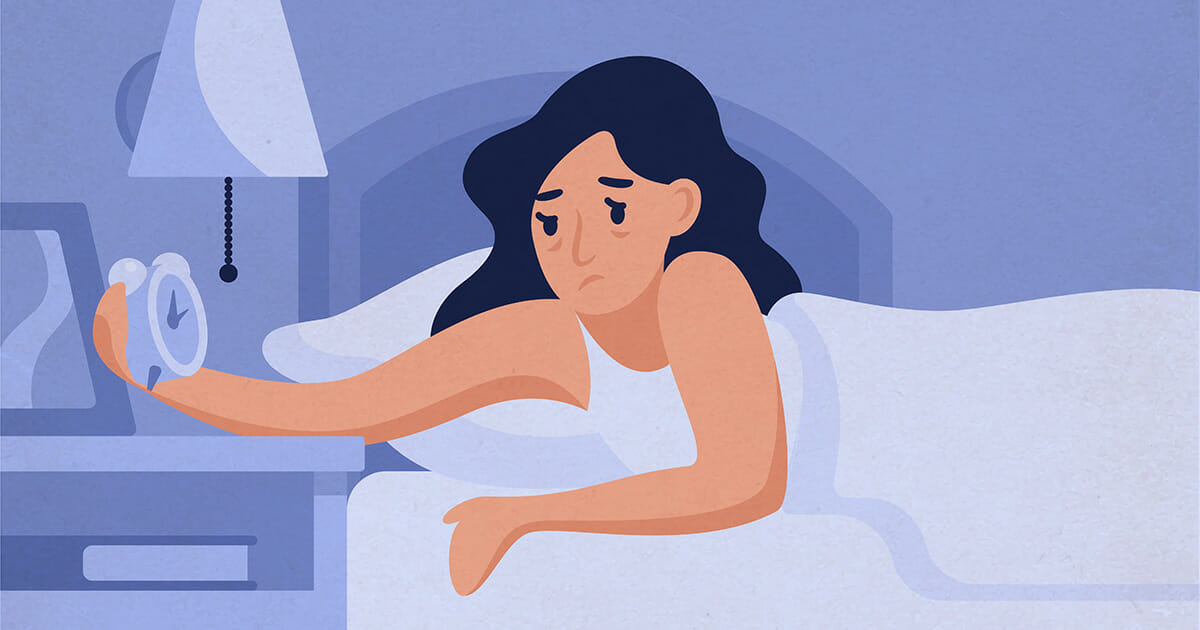17 sources of magnesium that can reduce the risk of anxiety, depression and heart attacks
|
Magnesium is a mineral which is essential for body function. But even so, many people do not get enough of it.
The mineral is essential for the functioning of the central nervous system and strengthens bones and teeth.
When you have a mild magnesium deficiency, all sorts of warning signs will start to appear and health problems may begin to appear.
In worse cases, magnesium deficiency can lead to heart attacks, depression and diabetes.
"If the level of magnesium in the blood begins to drop, then you already have one foot in the grave", says the professor and physician Rune Eliasson.
Signs of magnesium deficiency
Eating an unbalanced diet increases the risk of magnesium deficiency.
The first symptoms of magnesium deficiency are headaches, nausea, vomiting, loss of appetite, muscle cramps, migraines and exhaustion.
Chronic magnesium deficiency can cause numbness, extreme changes in personality, anxiety, and irregular heartbeat.
Seven foods that are rich in magnesium
- Kale
- Beck Choi
- Wheat Sprouts
- Brussels Sprouts
- Broccoli
- Arabic lettuce
- Spinach
Other foods that are an excellent source of magnesium:
- Avocado
- Cocoa powder without sugar
- Pumpkin
- Berries
- Fish oil
- Spices (parsley, mustard seeds, cumin)
- Seeds and nuts (pumpkin seeds, sunflower seeds, cashew nuts)
How Much Magnesium Do You Need?
The National Institutes of Health published a list of how much magnesium you should consume per day, depending on your age.
The daily recommendation is 310 milligrams of magnesium for women and 400 milligrams for men.
According to Professor Robert Tischradt, the daily magnesium intake at the beginning of the 20th century was about 1250 milligrams. And today it is only 250 milligrams a day. The recommended amount is between 300 and 400 milligrams, which means that many people are on the edge of deficiency.
What's the reason for that? Nutrition and modern food production. For example, 75% of the magnesium found in white bread and rice has disappeared over the years.
You can buy magnesium supplements in pharmacies and health food stores. There are several types of supplements, the right thing will be to consult a doctor or pharmacist.
It's also very important to balance magnesium and calcium intake. In addition, vitamin D delays the absorption of magnesium, so it's recommended not to take these supplements together.
How Magnesium Helps Your Body
The mineral affects more than 300 enzymes and helps cells function in muscles, nerves, and calcium absorption.
Magnesium has a positive effect on many diseases, such as atrial fibrillation, hypertension, asthma, diabetes, osteoporosis, muscle spasms, memory function, and kidney function.
All information and contents appearing on the site are intended for reference purposes only and don't constitute a medical recommendation, opinion or substitute for consultation with an expert. The use of the site does not replace the responsibility of the user for receiving advice from a qualified medical authority.




